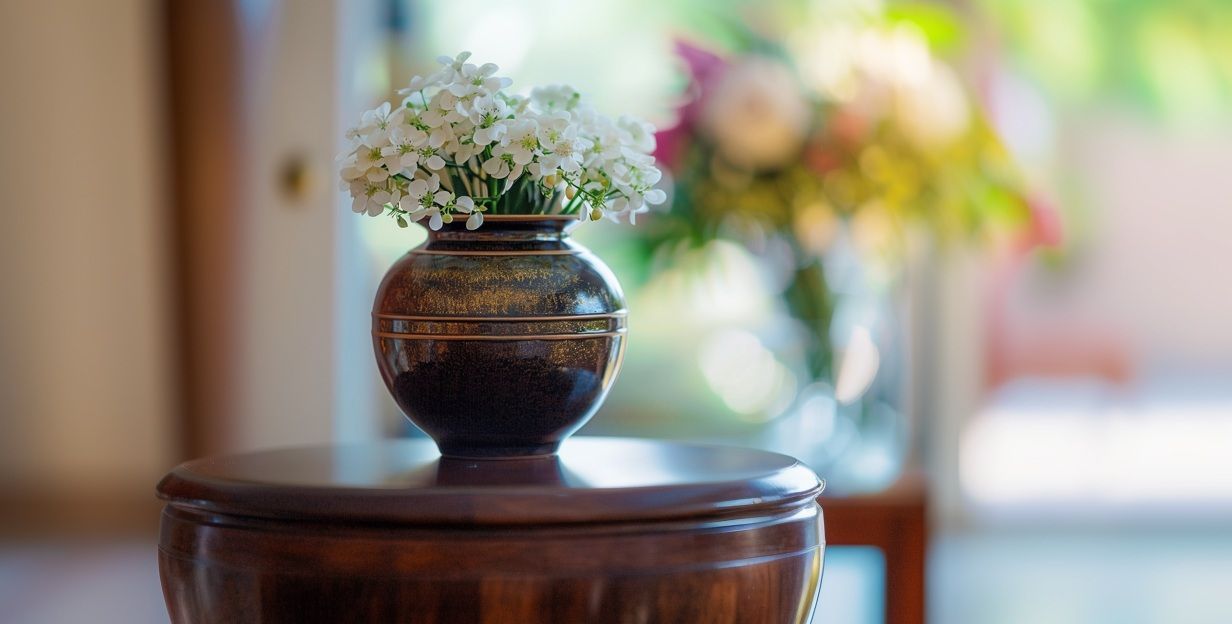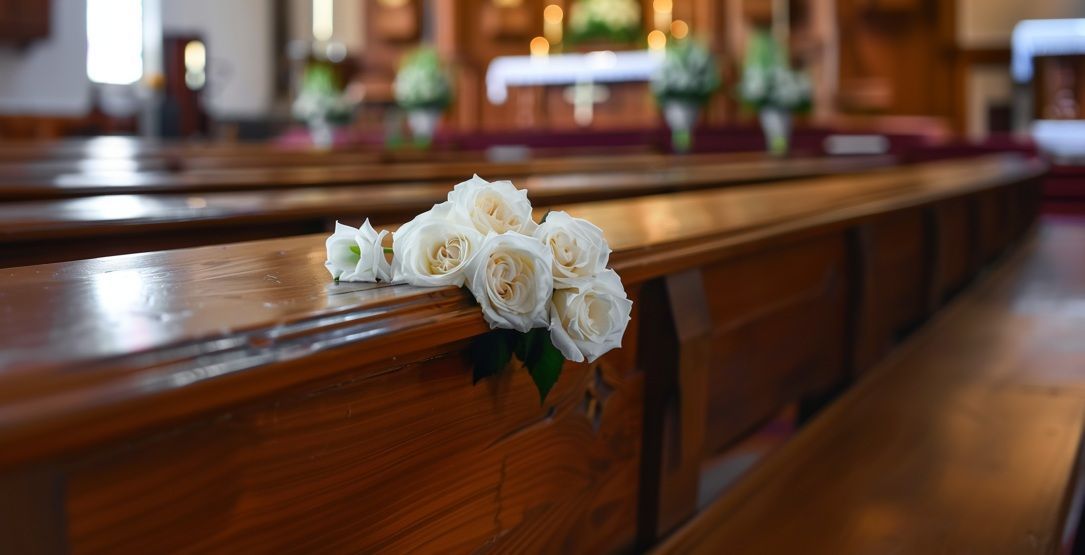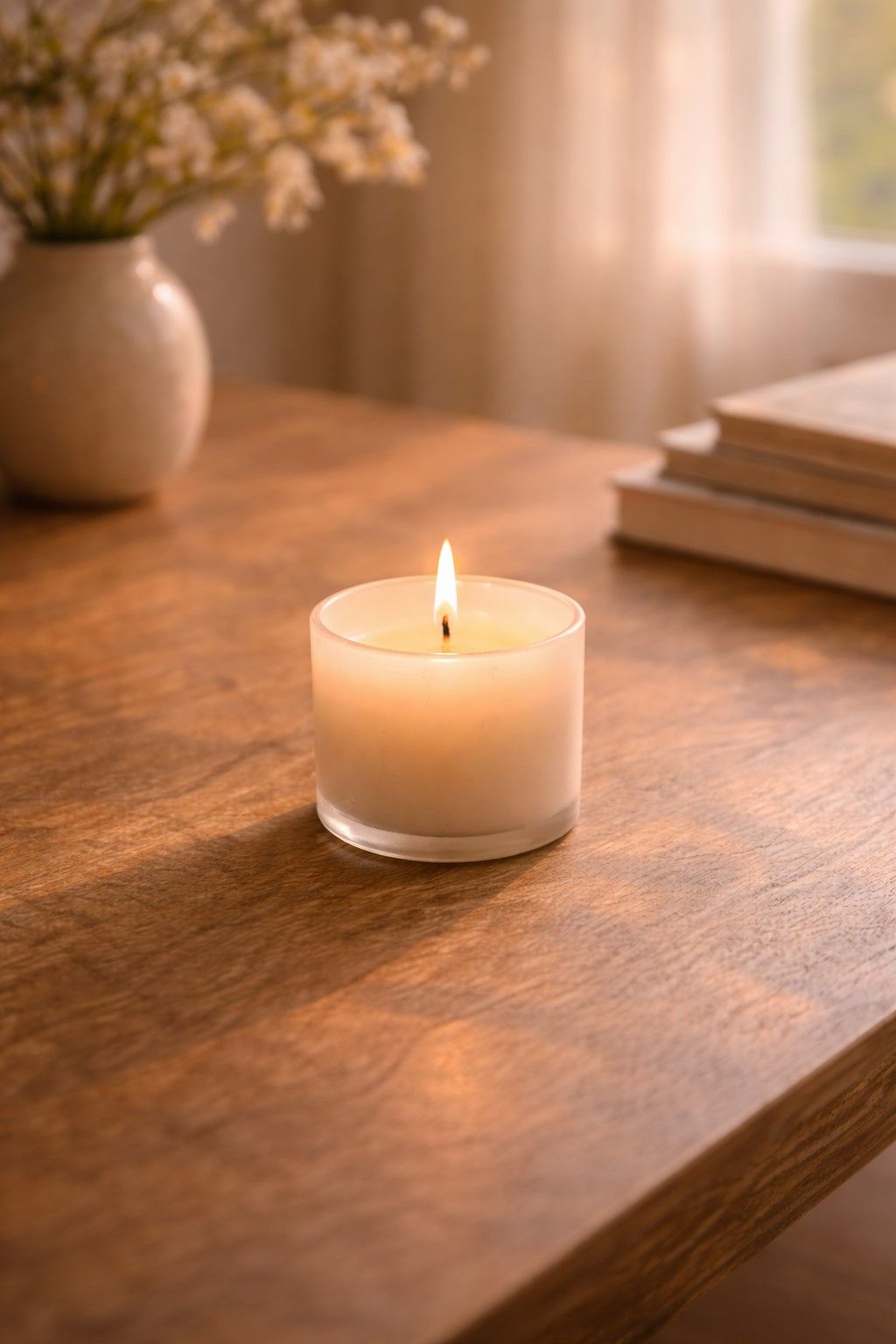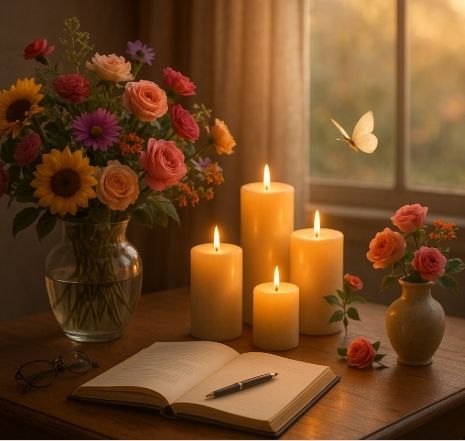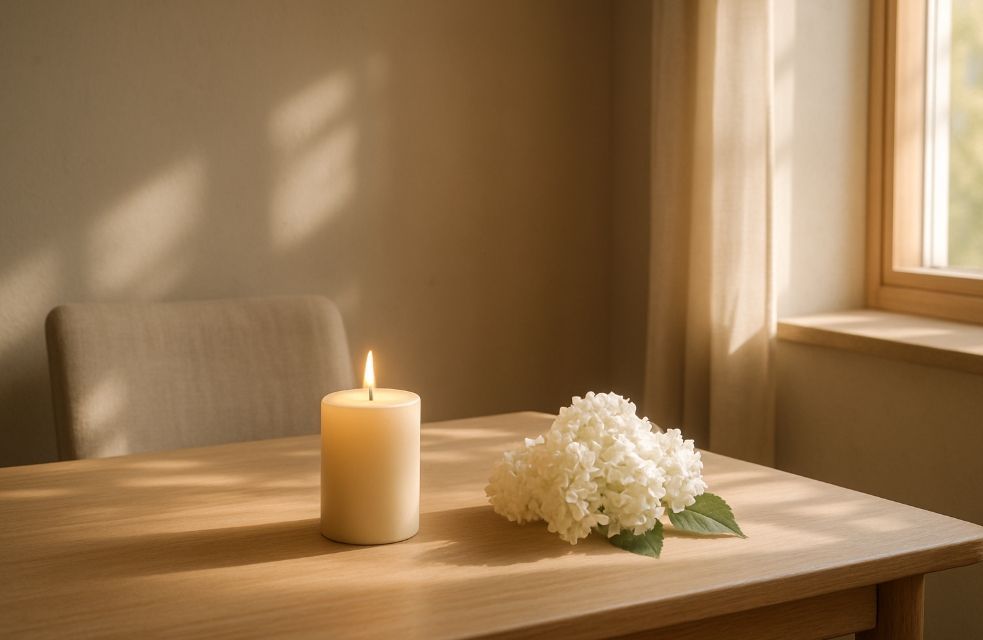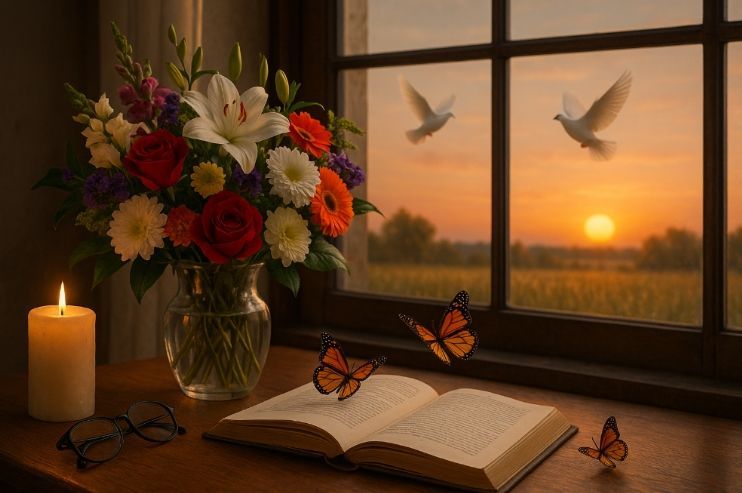Spiritual and Cultural Views on Cremation Across Beliefs
Martens Warman Funeral Home, LTD. offers cremation services Martensville SK with compassion and respect for cultural and spiritual traditions across beliefs.
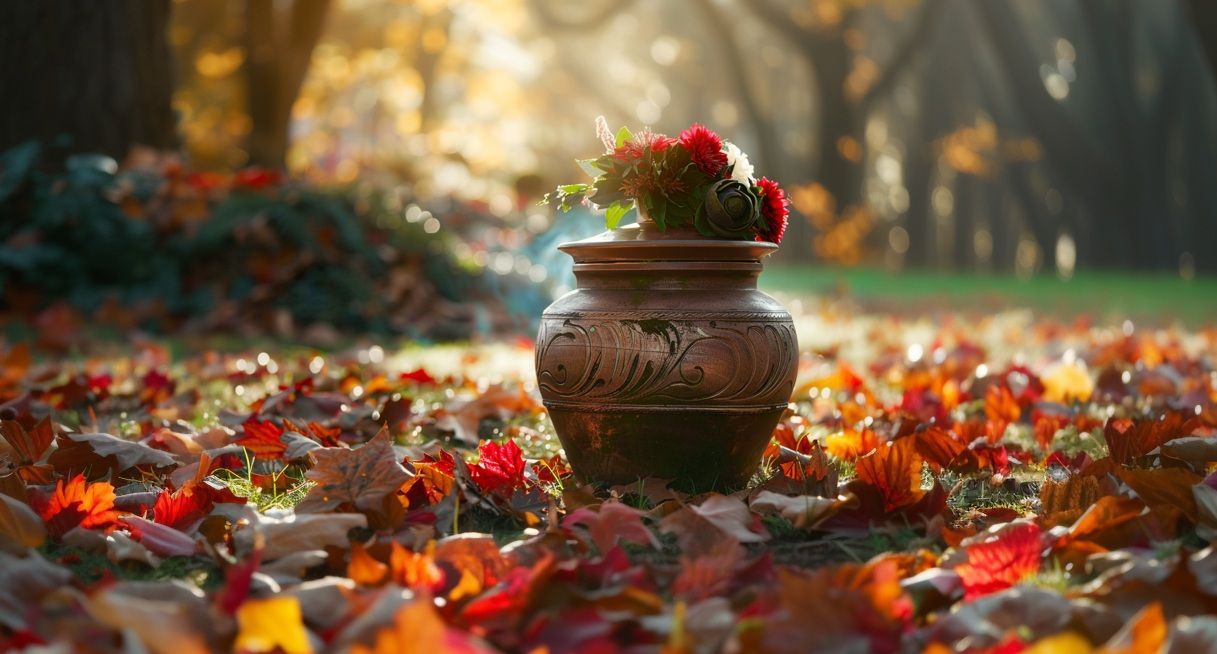
Cremation is more than a final rite; it’s a deeply personal decision shaped by centuries of spiritual traditions and cultural values. At Martens Warman Funeral Home ,LTD., we recognize that honoring a loved one’s journey means understanding and respecting the diverse beliefs that influence how families approach this choice. From long-standing religious practices to evolving modern interpretations, the meaning of cremation varies across faiths and cultures. If you’re seeking cremation services Martensville, SK families can rely on, this article offers insight into the meaningful customs behind those choices. Stay with us as we explore the spiritual and cultural perspectives that continue to shape how cremation is embraced around the world.
Cremation in Major Religions
Cremation holds varied significance across the world's major religions, each offering distinct teachings and traditions that shape end-of-life decisions. In Hinduism, cremation is not only accepted but is considered a sacred ritual that helps liberate the soul from the physical body. This practice is deeply rooted in beliefs about karma and reincarnation, where the act of cremation is seen as a necessary passage toward spiritual freedom.
In contrast, Judaism traditionally favors burial, rooted in the belief that the body should return to the earth as naturally as possible. While more liberal branches may accept cremation, it remains a sensitive topic within the faith. Islam also discourages cremation entirely, viewing the body as a trust from God that must be treated with dignity and buried intact.
Christianity presents a more varied perspective. While Catholicism once opposed cremation, it now permits it with certain conditions, such as ensuring the remains are treated with reverence. Many Protestant denominations are more flexible, allowing families to choose based on personal or cultural preferences. Each of these faiths reflects a deep connection between spiritual beliefs and the ways people choose to honor those they have lost.
Cultural Traditions and Rituals
Cultural traditions surrounding cremation often blend ancient customs with modern sensibilities, offering families meaningful ways to honor loved ones. In many East Asian cultures, cremation is the norm and is accompanied by elaborate ceremonies that reflect both respect for ancestors and spiritual beliefs. These rituals may involve offerings, prayers, and specific timing based on lunar calendars, emphasizing harmony between the living and the departed.
In some Indigenous cultures, cremation is intertwined with beliefs about the spirit’s journey to the afterlife. Ceremonies may be conducted to guide the spirit, ensure its peaceful transition, and celebrate the life lived. These rituals are often passed down through generations and are rich in symbolism and community participation.
In Western societies, traditions can vary widely depending on heritage and family preferences. While some may follow religious customs, others create personalized ceremonies that reflect the individual’s values, personality, and life story. Music, storytelling, and symbolic acts like lighting candles or releasing flowers often form an integral part of these commemorations. These practices provide a bridge between grief and remembrance, offering comfort through culturally meaningful expressions of farewell.
Respecting Diverse Beliefs Today
As families grow more multicultural and interconnected, respecting diverse beliefs around cremation has become an essential part of meaningful memorial care. Every person brings a unique background shaped by family heritage, religious identity, and personal philosophy. Today, funeral professionals are not only expected to understand traditional rites but also to accommodate blended customs that reflect a loved one’s full life experience.
Some families may wish to integrate elements from different belief systems into a single service. For example, combining Christian prayers with Buddhist chants or including both modern tributes and ancient rituals can create a more inclusive environment that honors everyone present. This flexible approach ensures that no part of a person’s identity is overlooked.
Respect also means being sensitive to the emotional needs of those involved. Open communication, thoughtful planning, and compassion help families feel supported when navigating different expectations. By creating space for these diverse practices, we affirm the value of every story and every belief.
Honoring a loved one’s memory means recognizing the rich spiritual and cultural values that shape how we say goodbye. From religious teachings to cherished family customs, cremation is embraced in many ways around the world. At Martens Warman Funeral Home, LTD., we are committed to supporting each family with compassion, knowledge, and respect for their unique traditions. If you are seeking cremation services Martensville, SK families can trust to reflect their beliefs and values, we’re here to guide you every step of the way. Get your customized cremation solution – Contact us now!

